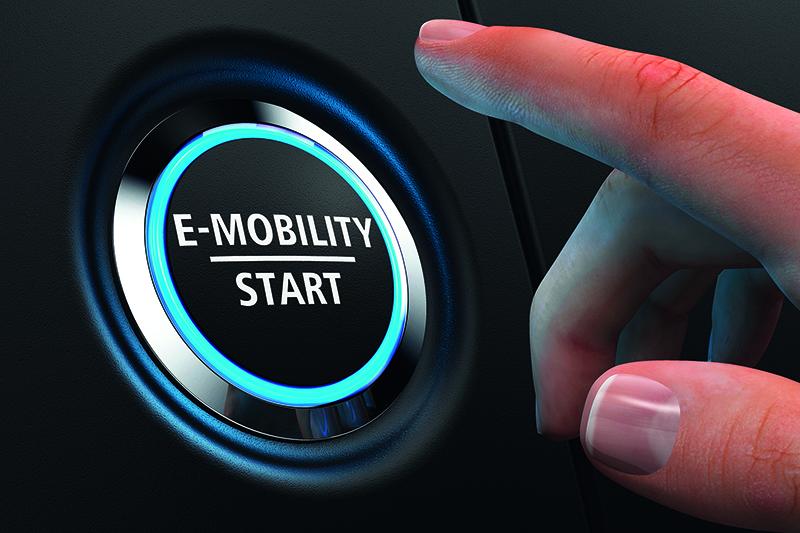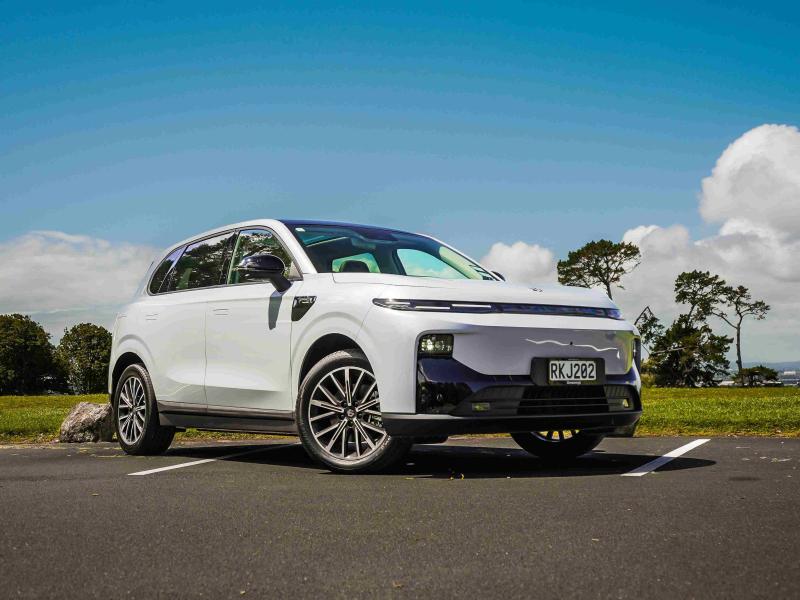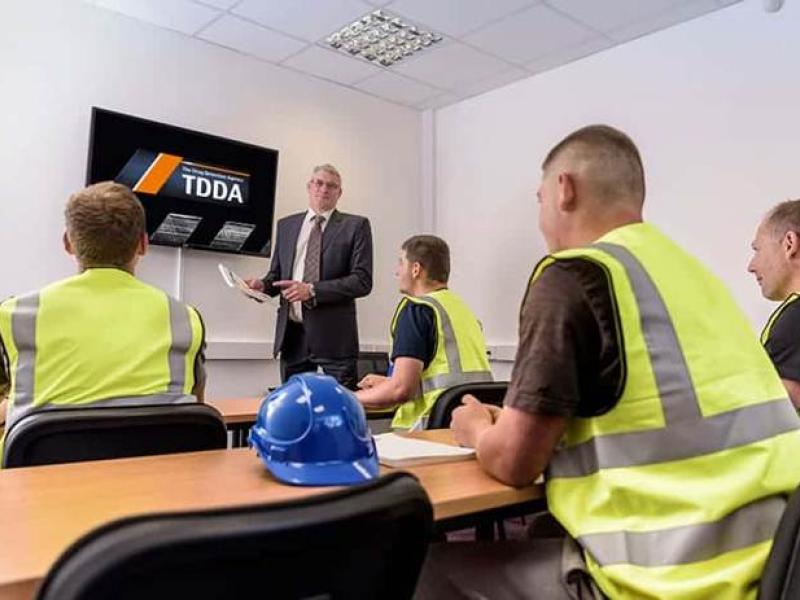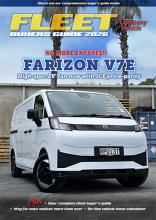Fleet operators are under increasing pressure to reduce their carbon footprint; let’s face it, there’s a lot of talk about, and a lot of questions on how sustainable transport will contribute to the delivery of New Zealand’s zero carbon targets and whether New Zealand’s energy sector will generate enough electricity to meet the demand or sustain the associated infrastructure.
So, what exactly is involved in transitioning to sustainable heavy or standard commercial vehicles and what vehicles are available in this space?
How do you decide whether it is necessary to create your own charging infrastructure or utilise an existing charging network of stations?
Transitioning to an electric vehicle (EV) fleet
Transitioning to an electric vehicle (EV) fleet presents new scenarios and a big one on the radar is cost.
Managing the capital investment carefully in the first place and ensuring you can optimise the changes for the benefit of your staff and organisation is paramount.
Many fleet operators may lack the necessary knowledge about EV charging, including understanding the types of chargers, how to optimise charging schedules to save costs, and how to manage and maintain the charging infrastructure.
eMobility Strategy
One of the first questions to ask when transitioning to an EV fleet is what is needed for a reliable charging infrastructure to be in place.
Depending on the size and scope of the fleet, multiple charging stations may need to be installed and maintained, or instead of this upfront installation cost, you could utilise e-Mobility Service Providers (EMSP, EMP) or Charge Point Operators/Owners (CPO).
An e-mobility service provider is a company offering an EV charging service to EV drivers. An EMSP creates value for its customers (EV drivers) by providing access to multiple charging points around a geographic area. New Zealand has ChargeNet and they have over 300 rapid-EV chargers nationwide.
A charge point operator (CPO) is a company operating a pool of charging points to say, suit a businessess’s network of regional hubs, branches or offices. A CPO creates value by providing smart charging infrastructure with features for their customers.
A feature could be utilising intelligent cloud-based software solutions and a mobile app which benefits both the EV driver and the charge point owner. Such platforms can offer data which can assist a company to realise the full environmental benefits of switching to EVs, and the importance of measuring the success of the transition to share with your key stakeholders.
Looking deeper into the future of zero emission transportation options
EVs are not the only available option for decarbonising transport the transport system.
There is a growing opportunity being presented by hydrogen technologies for businesses and organisations. Hydrogen is a store of energy, playing the role of a battery. With high energy density, more energy can be stored on board a vehicle to power heavy vehicles like buses, trucks, trains and boats.
London already fuels some of its famous double decker buses on hydrogen and South Korea is replacing 26,000 natural gas buses with hydrogen buses.
Hyundai, Audi, Toyota, GM, Mercedes, Honda and many more vehicle manufacturers are producing hydrogen powered electric vehicles.
These (fuel cell electric vehicles (FCEVs) convert hydrogen into electricity needed to power the vehicle, with the only emission being water vapour. FCEV’s have the advantages of electric vehicles with similar range and comparable refuelling times to petrol and diesel vehicles.
In New Zealand, one company spearheading Aotearoa’s first nationwide green hydrogen refuelling network from 2023 is Hiringa.
Hiringa has four sites currently under construction with strategies in place to implement 24 stations across New Zealand by 2028. Initial locations have been prioritised to provide the best aggregation of suitable fleets in industrial complexes, commercial and logistics hubs, along with the ability to service ports and airports.
Start to finish – explore more of the decarbonisation journey
The New Zealand Electro Mobility Summit & Expo [Sept 5-6, 2023] is Aotearoa’s leading EV event setting the direction for sustainable transport and associated technology.
Taking place at The Cloud on Auckland’s waterfront, the two-day summit will give Government updates on strategies, policies and regulations and offer sessions to help with your decarbonisation journey.
Discussion will include the new vehicles and technology coming to the New Zealand market, how energy companies will meet the increase in demand for electricity and infrastructure and other electro-mobility innovations.
Sessions to note for fleet managers are Effectively managing EV fleets, the Energy Panel [Nova Energy, BP and Electricity Networks Aotearoa]; an EV Manufacturers Panel and Understanding the development of hydrogen and its role in clean fleets.
If you can’t attend the Summit, the exhibition is FREE to attend!
Over 25 exhibitors will be showcasing products and services essential to the sector.
The exciting stuff?
Manufacturers: See Ford’s e-Mustang and Hyundai’s Rally Kona.
Trucks: Visit the Scania booth then check out Hyundai’s XCIENT truck.
Hiringa will be there, and you can ask them about their hydrogen refuelling stations.
Infrastructure Requirements: You can talk with multiple infrastructure EV providers and explore the newest chargers and energy solutions available. Visit ABB, ChargeNet, Jump Charging, EV Connect/ CLenergy, DuPower, Openloop, WeEV, Z Energy, NHP Electrical Engineering and more.
Fleet Management: Learn what fleet management tools are available in the way of transport intelligence and SmartTrak talking vehicle telematics. Fleet managers will be interested to know about CardSmart electric, Fleetwise transport intelligence and SG fleet leasing.
Energy Services: Nova Energy want to offer power packages, and Z Energy – mostly known as a fuel supplier – will be there to share on their low carbon alternatives and how they can help support your business transition your fleet to renewable energy sources.
To arrange pre-registration for the FREE business trade expo on 5-6 September and find out more details, visit brightstar.co.nz/electromobility.






